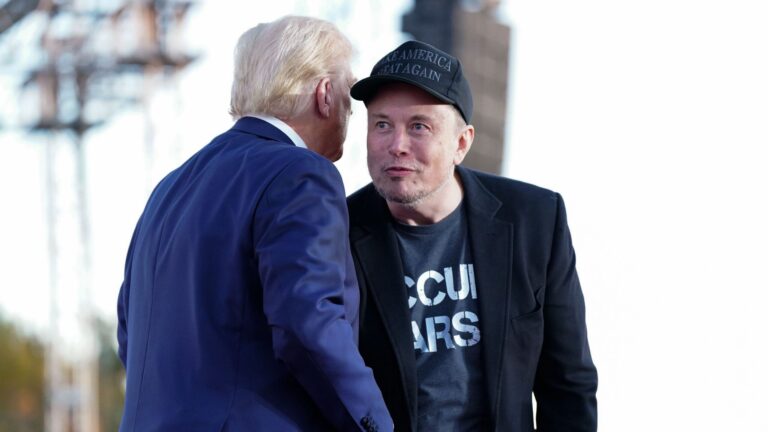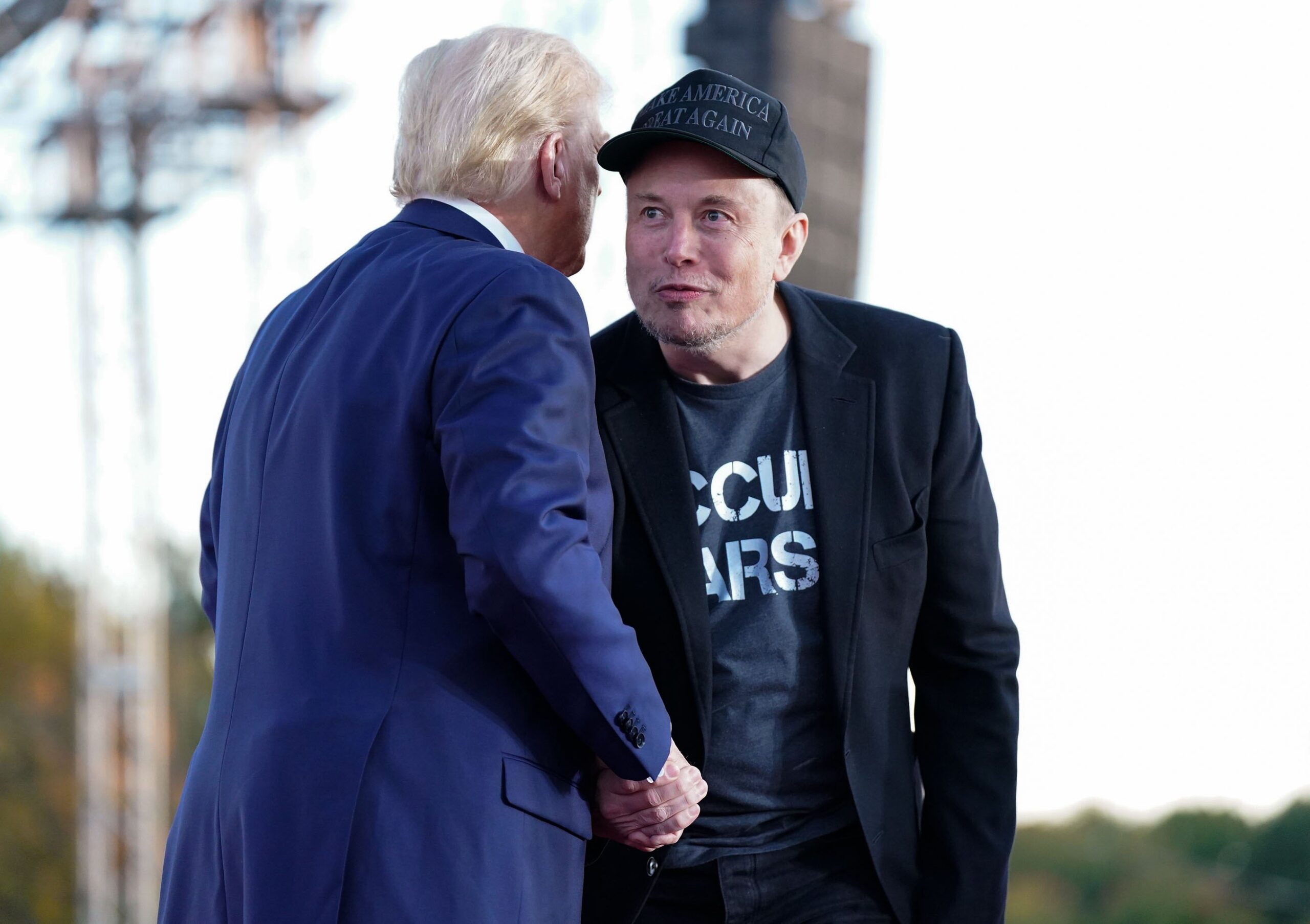
According to Klippenstein, Musk sent a message in which he said, “I’ve asked X Safety to unsuspend him, even though I think he is an awful human being… Important to stay true to free speech principles.”
Klippenstein received a message from X support about his reinstatement. “We know this incident may have been a mistake on your part, and we appreciate you preventing it from happening again in the future. Your account is now unsuspended. Please keep in mind that repeat violations could lead to a permanent suspension,” the message said, according to Klippenstein’s post.
Klippenstein speculates that his reinstatement was due to “the mainstream media pile-on that followed from the Times story, or more generously, perhaps it was Musk’s commitment to keeping X open.”
Before buying Twitter, Musk criticized the social network for an October 2020 incident in which it blocked a New York Post story about Hunter Biden’s emails for allegedly violating a policy against posting hacked materials. Later, he accused the Biden presidential campaign of violating the First Amendment by asking Twitter to delete certain tweets.
The 2020 Hunter Biden incident drew widespread criticism, leading the pre-Musk Twitter to change its policy to stop removing hacked content unless it was directly shared by hackers or those acting in concert with them.
Meta also blocked Vance dossier links
X was not the only major social platform to block links to the Vance dossier last month. Meta blocked links to the document on Threads, Instagram, and Facebook.
“Our policies do not allow content from hacked sources or content leaked as part of a foreign government operation to influence US elections,” a Meta company statement said at the time. “We will be blocking such materials from being shared on our apps under our Community Standards.”
We asked Meta today if it had any contacts with the Trump campaign about the Vance dossier and will update this article if it provides a response.

